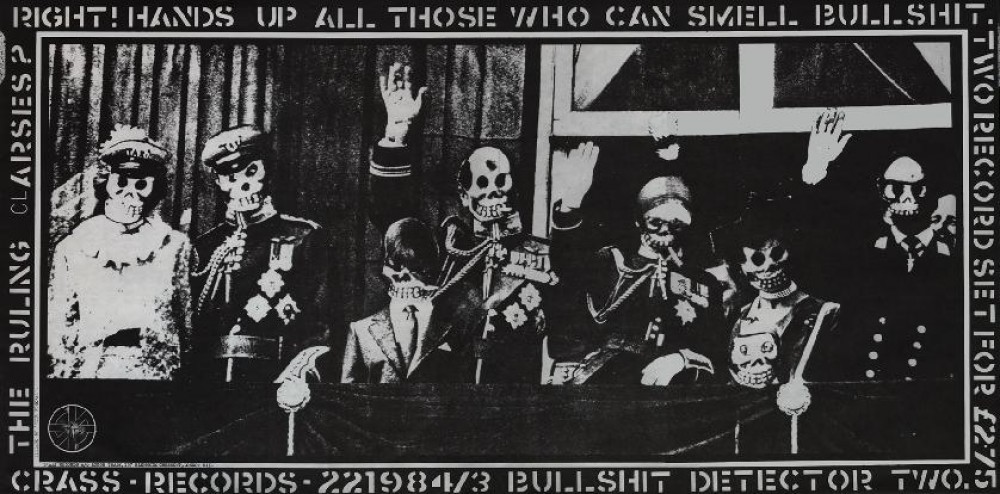Earlier this month on the 8th and 9th of April I delivered 2 music industry workshops for TalentUK to a group of the West Midland’s upcoming music talent. Talent UK is an annual competition for young aspiring musicians, dancers, fashion designers that is organised by an ex BCU School of Media student and now a successful entrepreneur Daniella Genas through her CIC company Aspire4u (htthttp://aspire4u.co.uk/cic). TalentUK (http://aspire4u.co.uk/cic/news/critically-acclaimed-actor-and-musician-ashley-walters-endorses-birmingham-based-youth) was set up to help change young disadvantaged peoples lives through music, video, dance and fashion. I have been delivering music workshoops for Daniella for 3 years now and I am always amazed at some of the untapped and unknown musical talent the West Midlands has. My role was to introduce these creative singers, producers, songwriters and musicians to some of the music indstry practices to help develop their knowledge and skill base as many of them have little real perception of how the industry operates and what they need to know to help a smooth transition into the business aspects of being a successful artist.
Areas covered in the workshop included contracts, copyright, publishing, management, record deals, artist development, promotion and PR, live performance to name but a few. Feedback from the participants after the workshops was really positive and many of them felt more confident in seeing and approaching their creativity as a ‘business’. In doing so hopefully they will find ways to monetise their talent in an inceasingly difficult industry landscape. Many of them said that they also had a greater understanding of how the business works and felt more confident in dealing with industry professionals
